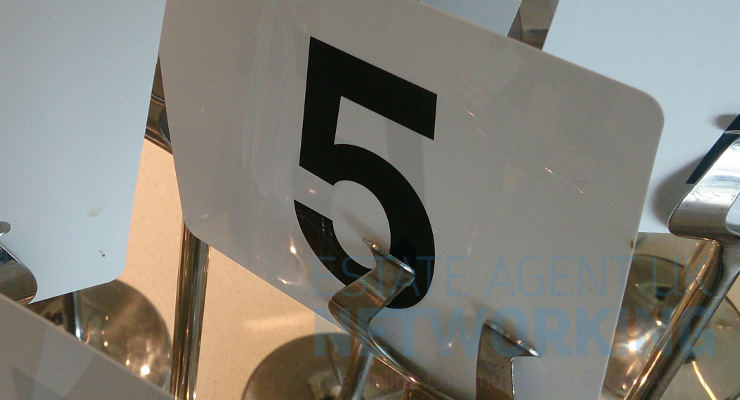Guide to tenancy agreements: top 5 things tenants miss!
Though many tenants take a minute or two to glance over their tenancy agreement before they sign, most don’t read the small print before putting pen to paper. This can cause renters to miss vital details that affect both their tenancy and their finances. To help ensure you have all the information you need before you move in, here’s a guide to tenancy agreements and the top five things tenants miss.
1. Type of tenancy
Surprisingly, one of the most common things that tenants fail to check is the exact type of tenancy they’re signing up to. The majority of tenancies in the UK are Assured Shorthold Tenancies (AST). Most ASTs stipulate an initial fixed rental period of between six and 12 months. Shorter and longer periods may be available in some circumstances.
However not all tenancies are ASTs. Other types of tenancy agreement include assured tenancies, non-assured tenancies and regulated tenancies. The type of agreement you have will affect your rights, your finances and the way you occupy your new home, so make sure you check before you sign on the dotted line.
2. Deposit
All too often tenants fail to confirm the exact amount they’ll need to pay as a deposit before they move in. When finalising terms with your landlord, make sure you check how much your deposit will be and that it will be kept in a Government-backed deposit protection scheme for the duration of your contract.
3. Agreed repairs and wear and tear
Every landlord runs their properties in a slightly different way. Where some property owners might be happy to mend white goods, fix broken fittings and take care of wear and tear, others may expect the tenant to repair the things that goes wrong during their tenancy. This sort of information should be laid out in the tenancy agreement, if it’s not, talk to your letting agent or the landlord themselves before you put pen to paper.
4. Inventory
The inventory is an essential part of any tenancy agreement. A thorough inventory helps to ensure there won’t be any disputes about damages or missing items when the tenancy is up and gives both landlords and tenants a good opportunity to take stock of the property. Though it may not be the most exciting hour or two of your life, it’s important to put some time aside to go around your new home and double check that the inventory is accurate and complete. If you find any errors, now’s the time to speak up and have the document amended.
5. Agency fees
Another expense a lot of tenants forget to take into consideration is agency fees. Although the Government is bringing in new guidelines on fees, the amount charged by different letting agents can vary significantly. It’s important to check exactly what your letting agent charges before you move in so you can get your finances sorted.
6. End of tenancy
When your tenancy comes to an end, you’ll need to ensure the property is in good condition if you want to get your full deposit back. This means giving every room a deep clean, replacing any broken fixtures and fittings and ensuring all appliances are working as they should.
Written by hesh@serviceoctopus.com









